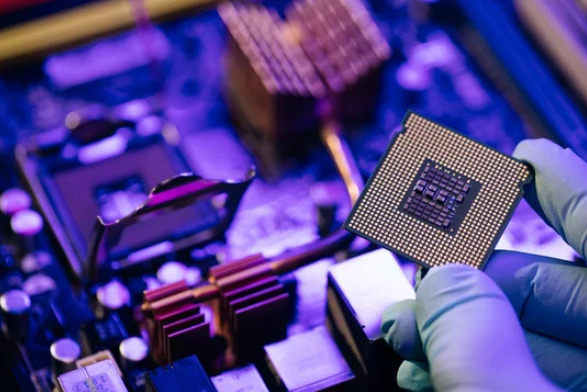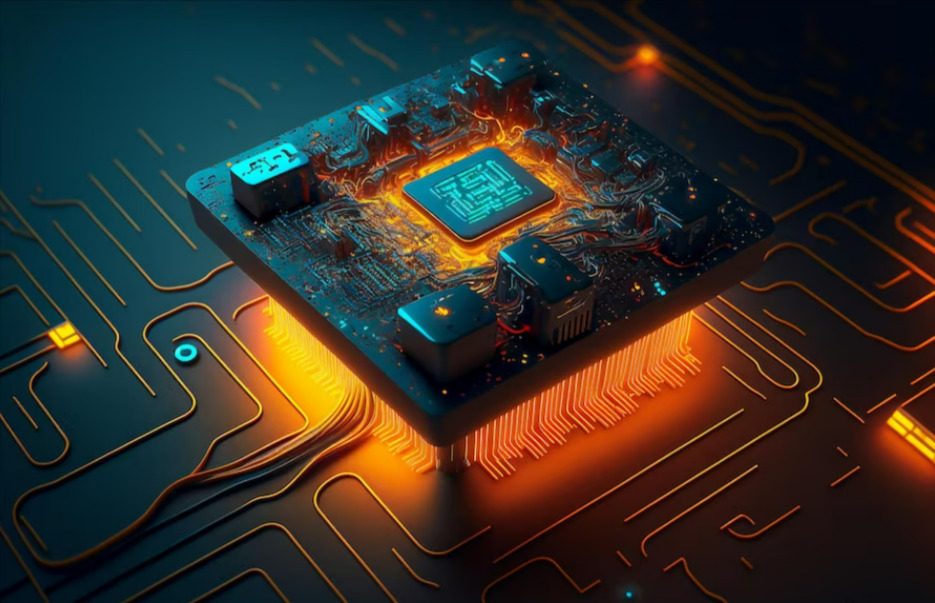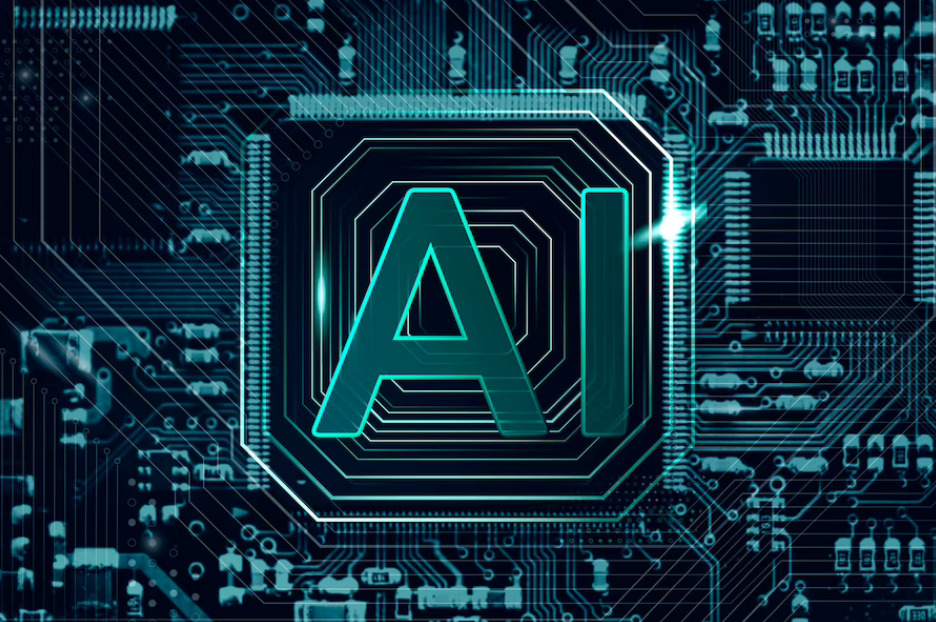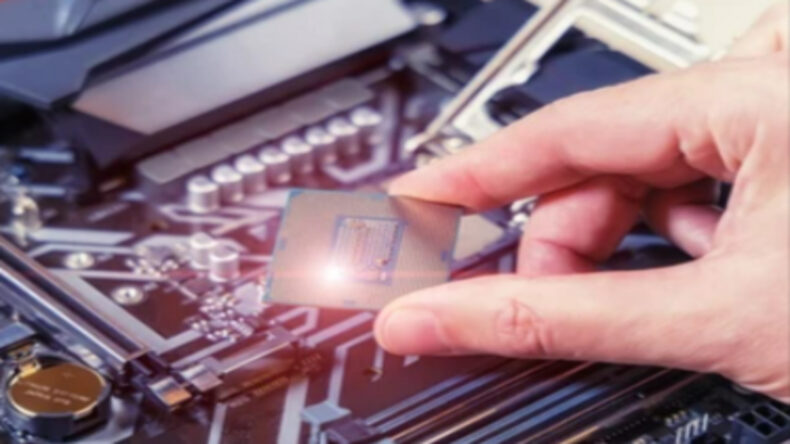Intel’s future AI chips will contain 288 gigabytes of memory and will enable 8-bit floating point processing at a supercomputing conference in Germany on Monday, thereby empowering innovation.
Table of Contents:
Introduction:
The announcement made by the famous technology giant Intel recently created excitement in the field of artificial intelligence. As part of its transformation, Intel has revealed interesting information about its future AI chips. In this article, we examine the impact of this change and how Intel’s innovation may change the direction of artificial intelligence in the future.
Intel Unveiling its Strategic Shift:
Intel said its upcoming “Falcon Shores” chips will contain 288 gigabytes of memory which will enable 8-bit floating point processing at a supercomputing conference in Germany on Monday. These laws are important as companies look for more powerful chips to power their AI models for services like ChatGPT.
The information is also one of the first things to come out as Intel shifts its path to follow Nvidia and AMD, which dominate the AI chip market (it is expected to oppose Nvidia’s way of being managed with a chip called MI300).
With recent actions, Intel is showing a change in favor of expanding its presence in AI. Given the great potential of AI, the company has refocused its efforts to provide new solutions specifically suited to AI applications.
Jeff McVeigh, Intel’s vice president of supercomputing business, said the company is taking time to develop new chips after abandoning its previous strategy of integrated graphics processing units (GPUs) with central processing units (CPUs).
By investing in the development of AI chips, Intel hopes to boost performance, improve power efficiency and deliver unprecedented performance. This change demonstrates Intel’s commitment to being at the forefront of the artificial intelligence revolution and providing cutting-edge solutions to meet the changing needs of the business.

Unveiling the Intel’s Future AI Chips:
The AI industry is set to change thanks to Intel’s future AI chips. The company detailed its upcoming CPUs, highlighting key features that could boost AI performance. Combining the benefits of modeling, deep learning algorithms, and neural networks, this system will provide fast AI performance.
With expanded power, higher power efficiency, and advanced processing capabilities, Intel’s AI processors are ready to empower developers and researchers and enable them to push the boundaries of AI applications across multiple industries.

Accelerating AI Workloads:
Intel’s future AI chips are designed to meet the growing demand for fast AI processing. Intel hopes to increase the speed and efficiency of AI computing by using technologies such as hardware-level optimizations and neural network processing. These improvements will allow programmers to draw conclusions and teach complex AI models from real-world data.
In addition to ensuring integration and accessibility, Intel’s commitment to open source and collaboration with the AI community further supports the development and deployment of AI applications.
Empowering Innovation:
Intel’s artificial intelligence chips of the future not only mean a lot to the company but also have great potential for artificial intelligence research.
Thanks to the development of the capabilities of Intel’s AI chips, researchers, data scientists, and companies will be able to learn new skills in artificial intelligence. The improved performance and greater functionality of Intel AI chips will open new opportunities and help create game-changing AI applications, whether healthcare, automotive, or development or correction in natural language processing. This development will stimulate the expansion of the field of artificial intelligence and ultimately benefit humanity as a whole.

Conclusion:
As Intel introduces next-generation future AI chips and shifts focus, it may influence the direction of AI including its Commitment to providing effective solutions and empowering innovation in AI.
Intel is working hard to make improvements that will change the way we use AI and change the way we live and work in many different and changing areas.













